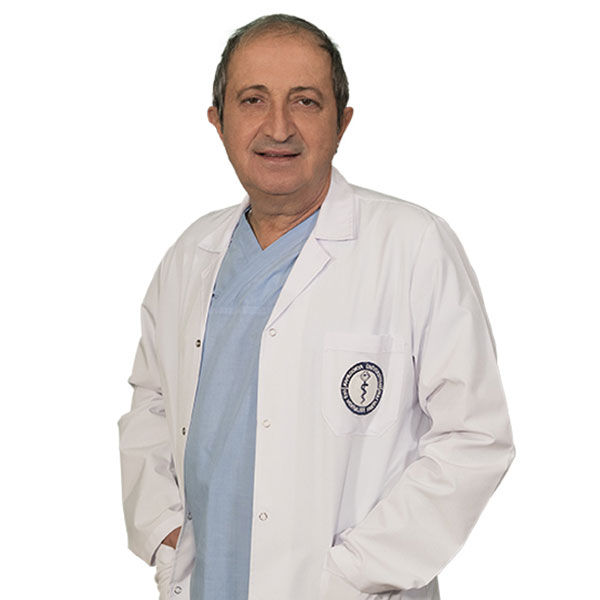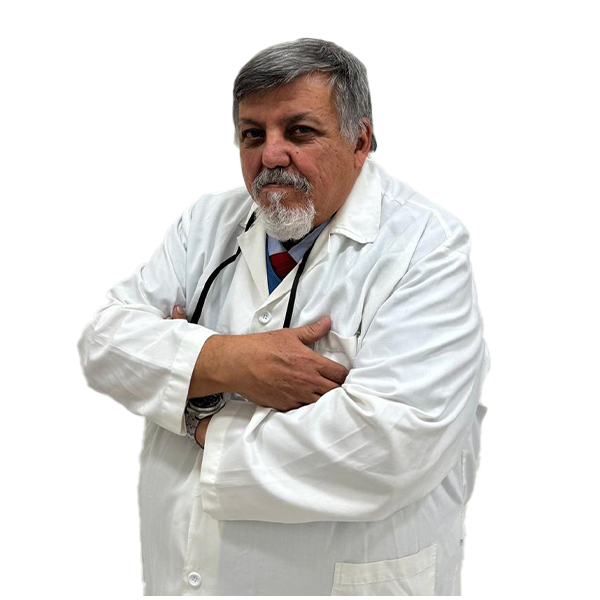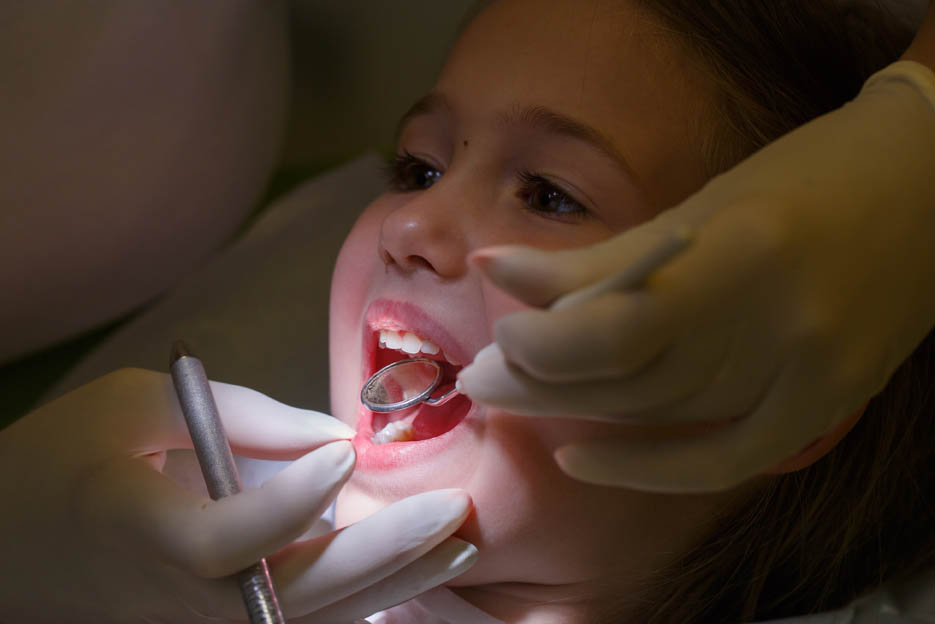What is Teeth Grinding (Bruxism)?
Teeth grinding (Bruxism), defined as the disease of our age, is a repetitive jaw muscle activity that is seen in the form of clenching, grinding or extreme clenching of the jaw. In daily life, teeth come into contact with each other for an average of 17 minutes, while in Bruxism this period reaches up to 2-2.5 hours.
What are the causes of teeth grinding (bruxism)?
- It is frequently seen in people with thyroid disease/people with stress.
- It is seen in people who work in jobs that require physical performance.
- Bruxism is also common in children and disappears with age.
- It is seen in restorations or situations that prevent jaw movements.
- Psychological stress is the most important reason, it is considered as the reflection of stressful daily life that occurs in sleep.
What are the symptoms of teeth grinding (bruxism)?
- Facial fatigue
- Pain in the temples in the morning
- Pain and spasm in the masticatory muscles
- Abrasions and sensitivity of teeth, gum itching
- Frequent fractures in teeth or restorations made on teeth
What is applied in the treatment?
In the treatment of bruxism, treatment is directed towards the etiology/cause. If the cause is psychological, psychological treatment is applied, if the cause is an orthodontic disorder, orthodontic treatment is applied.
In acute cases, night guards, infrared therapy and muscle relaxants are recommended.
People with this complaint are usually unaware that they are clenching/grinding their teeth, and people around them report that they grind their teeth while sleeping at night. People with bruxism experience complaints such as jaw pain, a feeling of tiredness in the face, and sensitivity in the teeth when they wake up in the morning.
Psychological stress is the most important cause, it is considered as a reflection of stressful daily life that occurs in sleep. It is frequently seen in children, it disappears with age.









